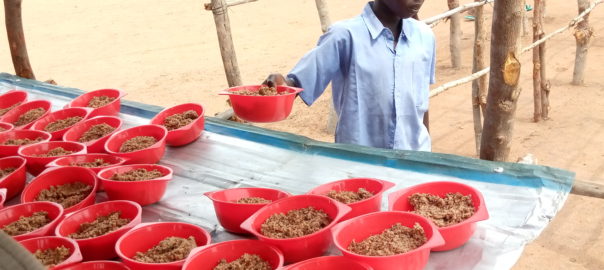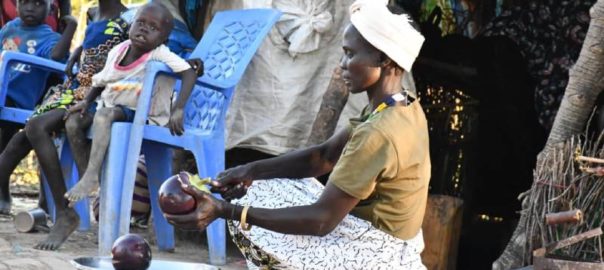“I am really happy about the school feeding programme and this is really a very much need for the students who are coming for learning. Because when the students come for learning, and then they have food, they get all the nutrition that are needed, and the physical strength they are in need.” Principal of Christ the King Primary School.
https://www.ssbulletin.com/school-feeding-scales-up-enrolment-in-gogrial/


